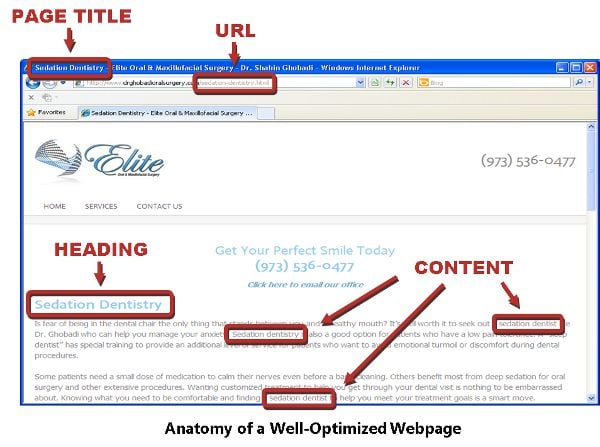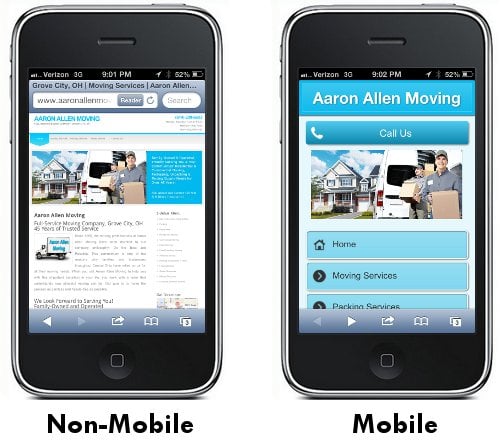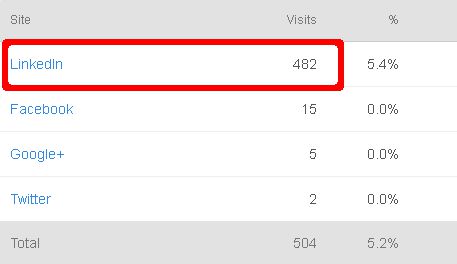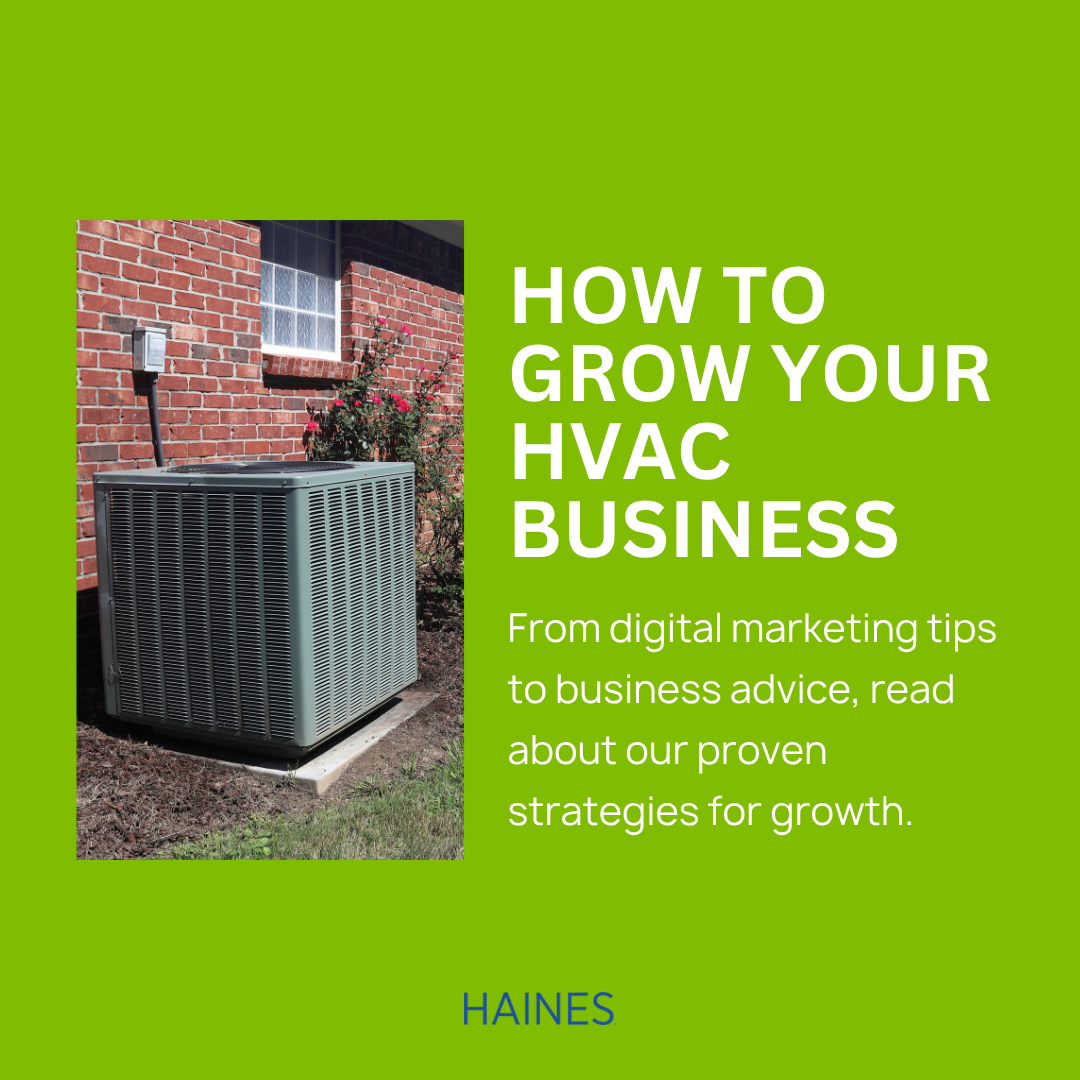In a recent study, 76 percent of small business owners said finding new customers is their “top concern.” And 69 percent said it’s the #1 challenge they face. The good news is that customers are looking for you, too.
If attracting new customers is a top concern, here are seven questions to ask yourself about your local marketing.
Do the Search Engines Understand What My Website Is About?
If the pages of your website aren’t properly optimized, your site is all but invisible to Google and the other search engines.
Here’s the problem: 56 percent of websites have no on-page keyword information.
What’s on-page keyword information? Well, if your site is about sedation dentistry, that’s keyword information. So it needs to be on your webpage.

On-page keyword information tells the search engines what your site is about. Without it, you decrease your chances of being found when someone searches for your type of business.
{{cta(‘d27b09ba-948c-4807-af9a-2f5ea8e3aff4’)}}
Is My Site Mobile-Friendly?
Most small business owners don’t know how to answer that. Yet 61 percent of mobile local customers will leave your site if it doesn’t display properly on a mobile device.

What’s more, they’ll go to a competitor’s whose does. Ouch.
Is My Business Listed Online?
A key factor to getting found online is having your business information listed consistently across numerous online directories and local search portals.
Remember, your website may not always appear in a search. But there’s a good chance your listing on one of these directories might. What’s more, search engines use your listing information to decide whether to rank your website above or below similar businesses.
There are hundreds of local search directories you need to be listed on—like Google+ Local, Yelp, Superpages, Merchant Circle, etc. The more places your business is listed, the better your chances of being found online.
Do I Have Enough Reviews?
The number of online reviews is a critical search engine ranking factor. The more reviews you have, the more likely you are to appear above a competitor who has none.
Encouraging customers to post online reviews may be one of the best forms of marketing yet.
Am I Active on Social Media?
There’s a strong correlation between social media activity and improved visibility in the search engines. You need more than just a Facebook page—you need followers and activity.
But don’t automatically default to Facebook. Social media can be very time-consuming. So be sure you’re investing that time towards the right platforms—the ones your customers use.
For instance, here’s a peek at where the bulk of our social media traffic comes from:

{{cta(‘16976b31-9d43-4439-a232-608c0e062f4f’)}}
Are Other Websites Linking to Mine?
When other local websites link to yours, it tells the search engines your site has useful content and helps your search engine rankings.
This is just one aspect of search engine optimization—ensuring your website is found in the search engines for words and phrases relevant to what you sell.
Am I Neglecting Print?
In a recent video, Google’s Matt Cutts emphasized the importance of having a well-rounded marketing strategy that consists of both online and offline media—including Yellow Pages.
Don’t believe the hype. Print advertising is still effective.
Want to Know More to Be Found by Local Customers?
Download our free guide, How to Get Found By Local Consumers:
{{cta(’28e6e571-9166-4084-9daa-a65747fc58f7′)}}
About the Author

Ashley Williams
Since 1932, Haines has been publishing the original Criss Cross directory. Now, instead of a giant book, we deliver the same great information in a digital format. We are a family-owned, certified women-owned business led by me as our first female, fourth-generation CEO. Our Criss+Cross Directory is nationally recognized for delivering essential residential and property data. We serve diverse clients — from government agencies to real estate professionals, mortgage companies, investors, contractors, and more
Want to Get More Tips from Haines? Subscribe to Our Blog
Recent Posts
Testimonials













